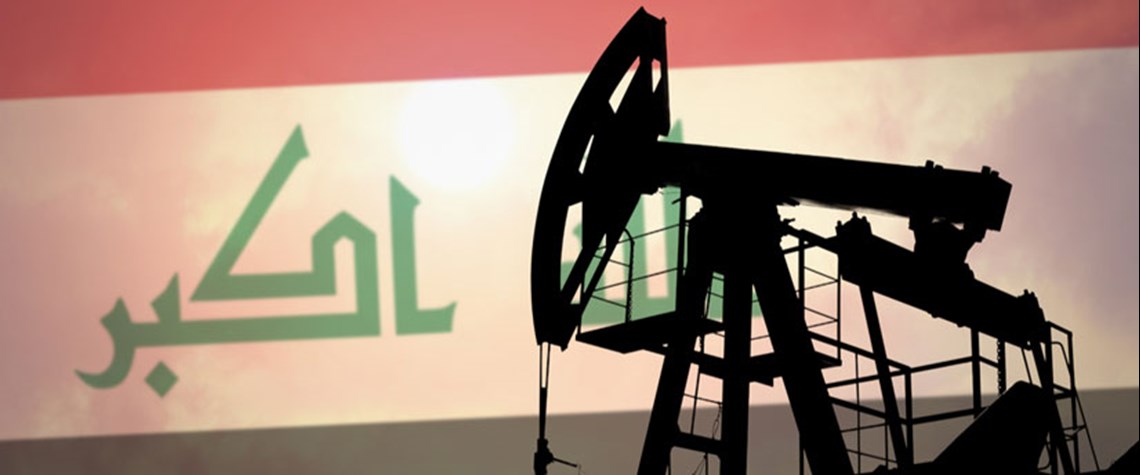Iraq and IOCs: A complex web
Baghdad needs to improve its relationship with international partners. But beware assuming there are easy answers
Reports that Iraq’s tax authority has issued orders to prevent around 20 foreign energy firms from being able to secure visas for their personnel or to import materials, on the grounds of late tax payments, are another jarring reminder of the country’s long-rocky relationship with IOCs. But too many commentators have focused on addressing the ‘one’ reason why IOCs have fallen out of love with Iraq. In reality, it is far more complex. The very fact that various analysts do not agree but hit upon various themes as their preferred main driver—harsh contractual terms, the type of contract on offer, corruption, resource mismanagement or security conditions—is telling. That all these factors have

Also in this section
18 February 2026
With Texas LNG approaching financial close, Alaska LNG advancing towards a phased buildout and Magnolia LNG positioned for future optionality, Glenfarne CEO Brendan Duval says the coming year will demonstrate how the company’s more focused, owner-operator approach is reshaping LNG infrastructure development in the North America
18 February 2026
The global gas industry is no longer on the backfoot, hesitantly justifying the value of its product, but has greater confidence in gas remaining a core part of the global energy mix for decades
18 February 2026
With marketable supply unlikely to grow significantly and limited scope for pipeline imports, Brazil is expected to continue relying on LNG to cover supply shortfalls, Ieda Gomes, senior adviser of Brazilian thinktank FGV Energia,
tells Petroleum Economist
17 February 2026
The 25th WPC Energy Congress, taking place in Riyadh, Saudi Arabia from 26–30 April 2026, will bring together leaders from the political, industrial, financial and technology sectors under the unifying theme “Pathways to an Energy Future for All”







